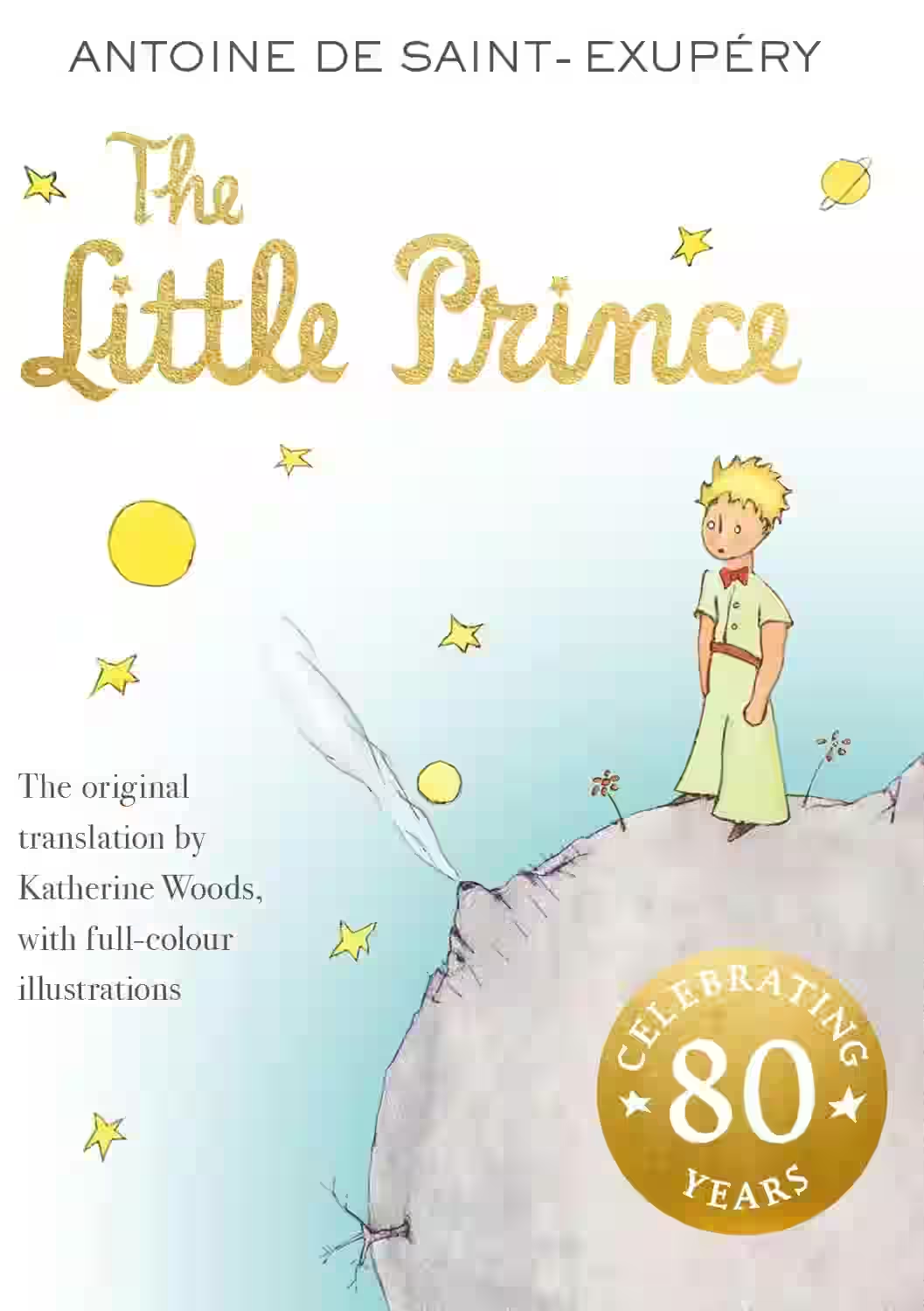
This poetic novella follows a young prince who travels from planet to planet, encountering strange adults and pondering life’s deeper truths. Told by a narrator stranded in the desert, the story explores themes of love, loss, innocence, and imagination. With deceptively simple language and whimsical illustrations, The Little Prince delivers profound reflections on human nature and relationships—especially through the prince’s bond with a rose. Though written for children, it resonates strongly with adults, reminding readers to see with the heart rather than the eyes. Universally cherished, it’s a philosophical fable that invites reflection on what truly matters.
About Antoine de Saint-Exupéry
Antoine de Saint-Exupéry was a French writer, poet, and pioneering aviator best known for The Little Prince, one of the most translated and beloved books in the world. Blending philosophical insight with whimsical storytelling, he used his aviation experiences to explore themes of loneliness, friendship, love, and loss. His other notable works include Night Flight and Wind, Sand and Stars. A decorated pilot who disappeared during a reconnaissance mission in World War II, Saint-Exupéry’s life and work embody a blend of adventure, introspection, and poetic imagination. His legacy endures through his deeply human and timeless literary contributions.
Similar Books
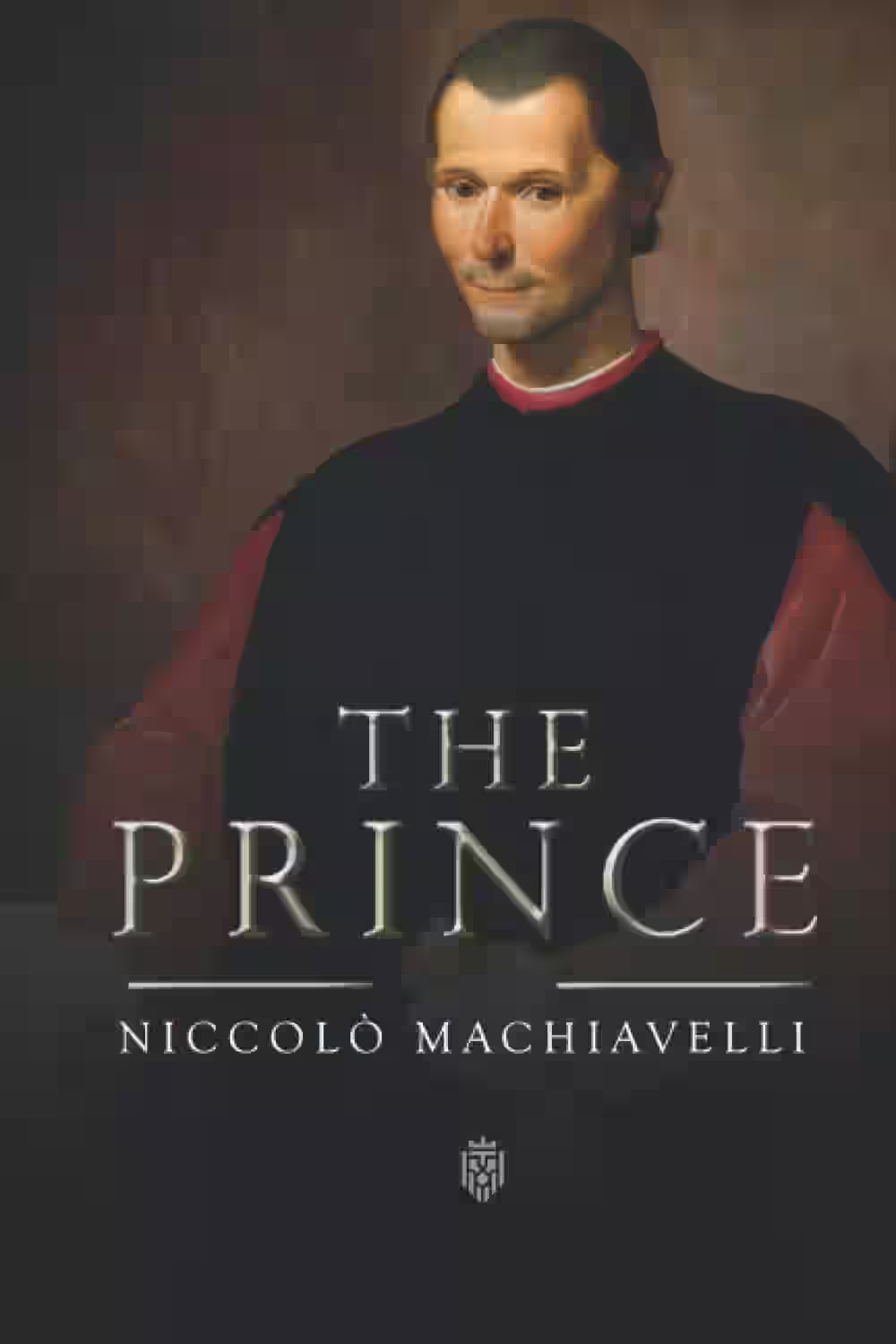
The Prince
A foundational work of political theory, The Prince offers blunt, often controversial advice for rulers seeking to maintain power. Rejecting moral ideals in favor of pragmatism and realpolitik, Machiavelli argues that ends often justify means. Still influential centuries later, this short but powerful treatise examines leadership, manipulation, and the mechanics of power, shaping political discourse across generations.
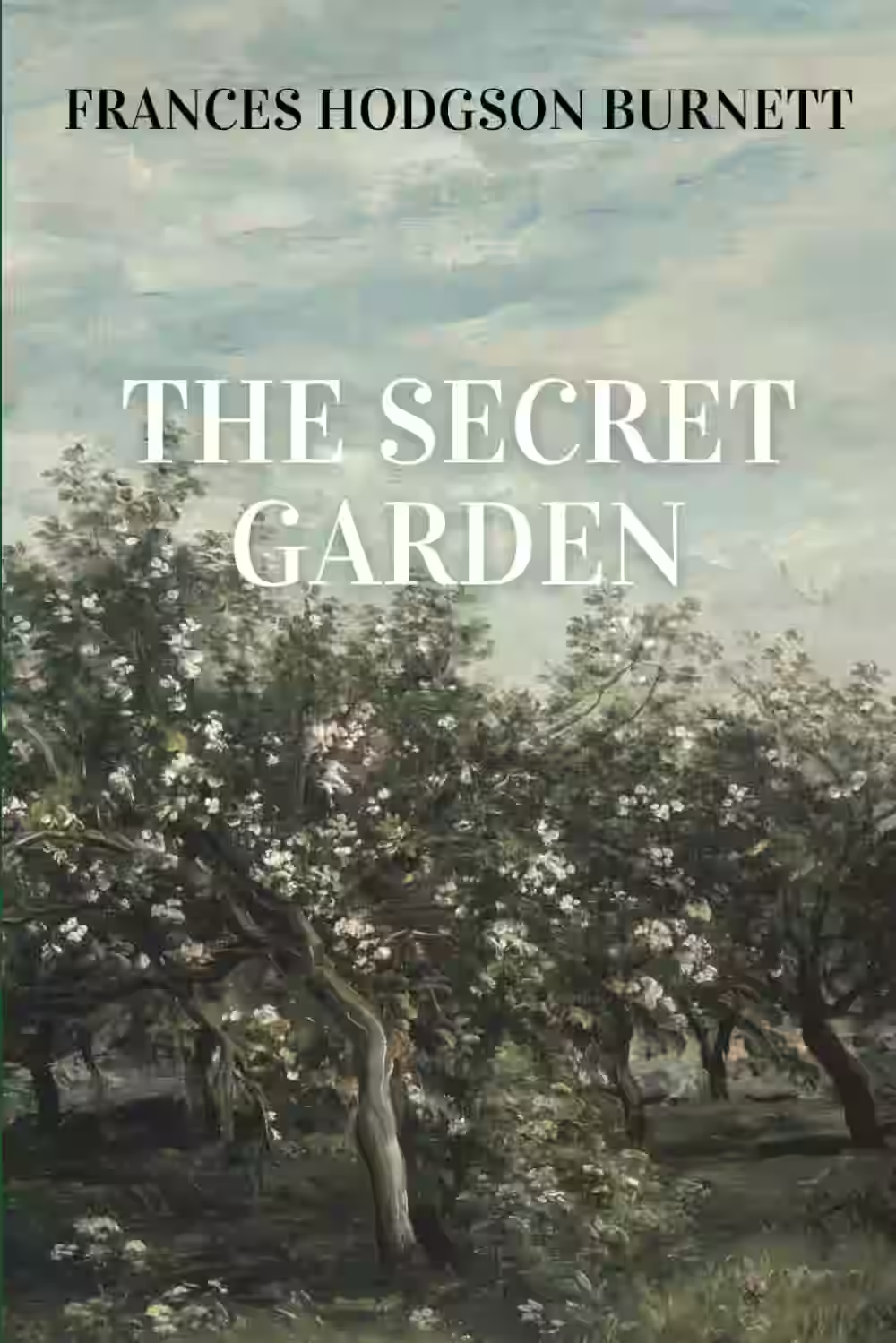
The Secret Garden
First published in 1911, this children’s classic tells the story of Mary Lennox, a spoiled and lonely girl sent to live with her uncle in a mysterious English manor. There, she discovers a hidden, neglected garden and begins restoring it—alongside her cousin Colin and friend Dickon. As the garden blooms, so do the characters, who undergo emotional and physical transformations. The Secret Garden celebrates the healing power of nature, friendship, and hope. Rich with symbolism and Victorian charm, it remains a timeless tale of personal growth and rejuvenation that continues to captivate readers of all ages.
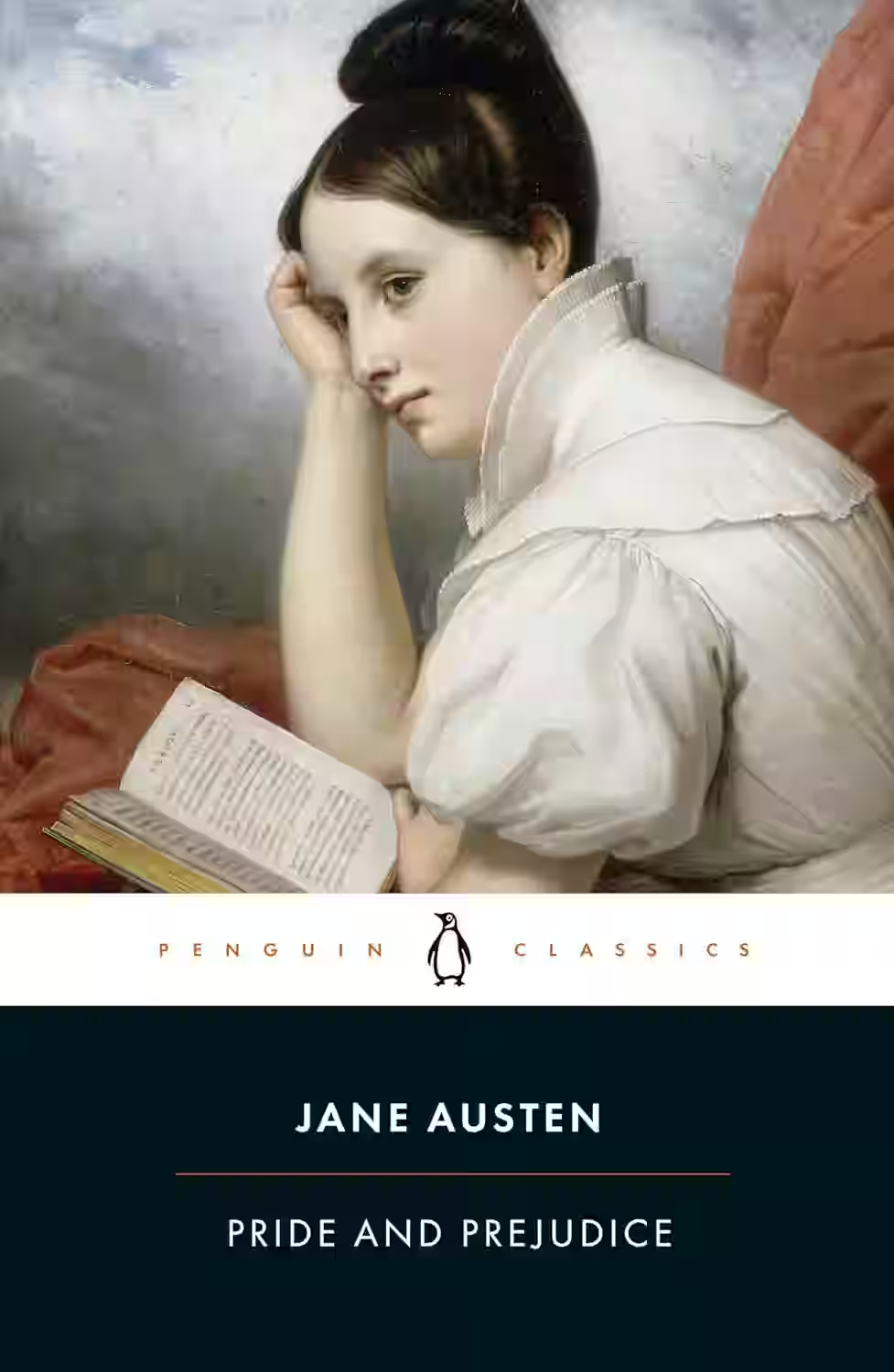
Pride and Prejudice
by Jane Austen
This beloved classic follows the spirited Elizabeth Bennet as she navigates love, marriage, and social status in Georgian-era England. When the wealthy and proud Mr. Darcy enters her life, their mutual prejudices create a complex dance of misunderstanding and growth. Through razor-sharp wit and social commentary, Austen crafts a timeless romance while critiquing class, marriage, and gender roles in 19th-century society.
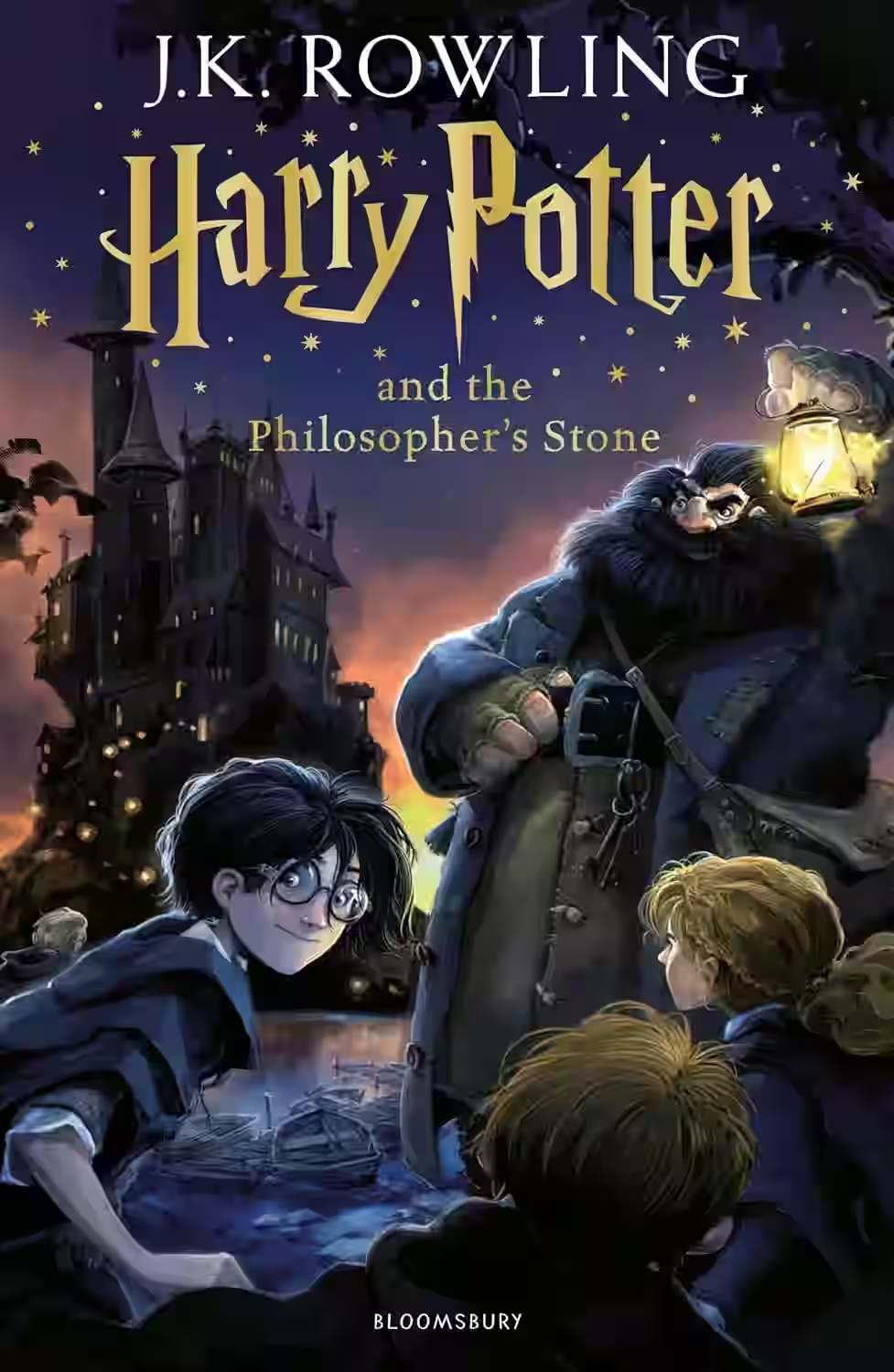
Harry Potter and the Philosopher's Stone
by J.K. Rowling
Series: Harry Potter (#1)
J.K. Rowling’s debut novel introduces Harry Potter, an orphan who discovers on his eleventh birthday that he is a wizard. Taken to Hogwarts School of Witchcraft and Wizardry, Harry learns about magic, makes lifelong friends, and uncovers secrets about his past—including the dark wizard who killed his parents. As he navigates this new world, he confronts danger and mystery surrounding a magical artifact called the Philosopher’s Stone. Blending fantasy, adventure, and themes of friendship, courage, and identity, the book launched one of the most beloved and influential series in modern literature.